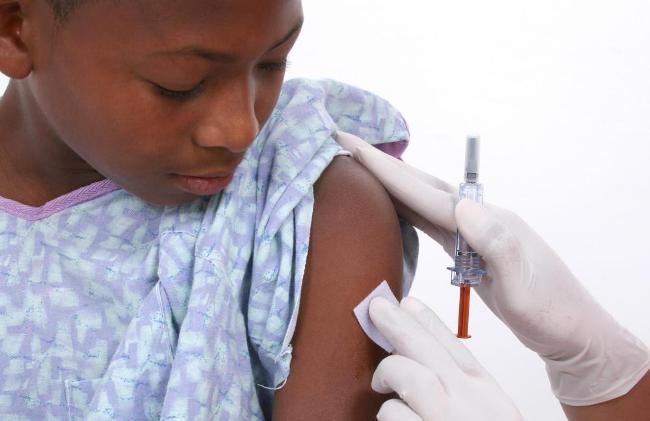The Ministry informs the public that in addition to the outbreak of Typhoid Fever in South Africa, Zimbabwe has also registered about six cases of typhoid fever. This brings the number of confirmed typhoid fever cases in Southern Africa to about ten. The free movement within the SADC region makes it easy for the typhoid fever to circulate.
What Are The Symptoms?
Symptoms usually start 1 to 3 weeks after exposure to the bacteria and can include:
- high fever
- headache
- vomiting or stomach pains
- diarrhea
- loss of appetite
- skin rash
- weakness
How Is It Spread?
- Typhoid is spread when a person eats or drinks food or water contaminated by human stool containing Salmonella typhi bacteria.
- Some people (“carriers”) who recover from the illness continue to shed the bacteria in their stool. “Carriers” must be extra careful to avoid spreading the infection to others. They should not work in restaurants or places where food is handled until a health care provider determines that they no longer carry the bacteria in their stool.
How Is It Diagnosed And Treated?
- Typhoid fever is usually diagnosed by testing the blood or stool.
- Typhoid fever is usually treated with antibiotics.
How Can Typhoid Fever Be Prevented?
- See a healthcare provider or travel clinic to find out if you need typhoid fever vaccine before you travel. If yes, get vaccinated 1 to 2 weeks or more before travel.
- When traveling to areas with typhoid fever, avoid high risk foods/drinks:
- Drink only bottled water or purify water by boiling for 1 minute before you drink it. Bottled carbonated water is safer than uncarbonated water.
- Ask for drinks without ice unless the ice is made from bottled or boiled water. Avoid popsicles and flavored ices that may have been made with contaminated water.
- Eat foods that have been thoroughly cooked and that are still hot and steaming.
- Avoid raw vegetables and fruits that cannot be peeled. Vegetables like lettuce are easily contaminated and are very hard to clean.
- When you eat raw fruit or vegetables that can be peeled, peel them yourself. (Wash your hands with soap first.)
- Avoid foods and beverages from street vendors. It is difficult for food to be kept clean and hot on the street, and many travelers get sick from food bought from street vendors.
- Always wash your hands carefully with soap and water after using the bathroom, and do not prepare or serve food for other people if you are infected with Salmonella typhi. This will lower the chance that you will pass the infection on to someone else.
“Today’s world, it is shortsighted to think that infectious diseases cannot cross borders. By allowing developing countries access to generic drugs, we not only help improve health in those nations, we also help ourselves control these debilitating and often deadly diseases.” -Ron Wyden.










